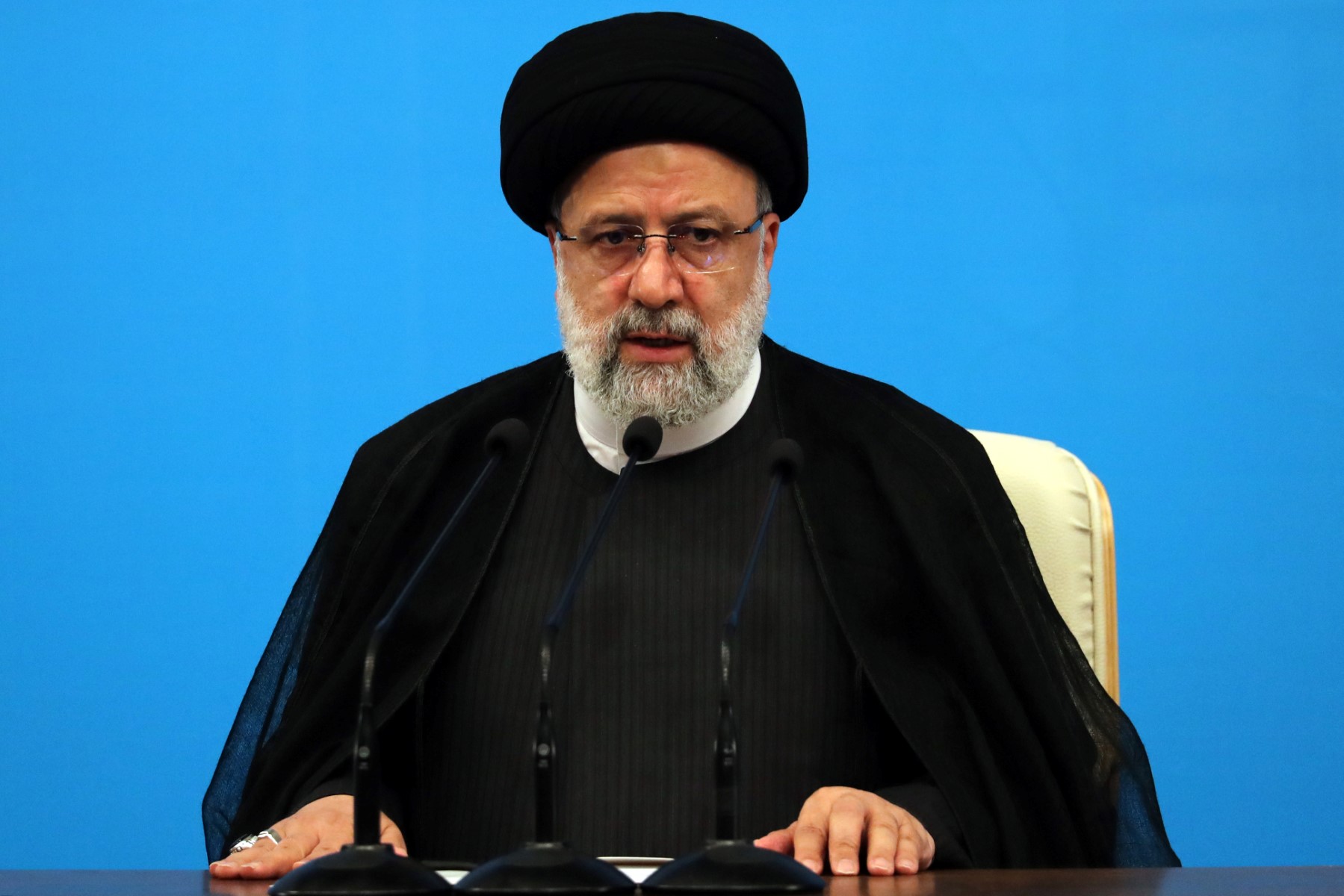Tehran, Iran — Iran’s president on Tuesday expressed regret at a “lack of unity” among Muslim countries in response to the war between its arch-foe Israel and Gaza’s rulers Hamas.
Ebrahim Raisi said greater co-ordination across the Muslim world could have stopped Israel’s bombing of the Palestinian territory.
“A united and unified position in the Muslim world could have prevented the oppression and aggression of the Zionist regime and the excesses of its Western supporters in a more effective way,” he said, quoted by state news agency IRNA.
Raisi also called for “strengthening co-operation” between countries in the region to avoid interventions from outside nations.
He made the remarks while receiving the credentials of the new Saudi ambassador to Tehran, Abdullah bin Saud al-Anazi.
Iran and Saudi Arabia broke off diplomatic ties seven years ago, amid an escalating geopolitical rivalry, but in March they signed a China-brokered deal to restore relations.
“The presence of foreigners in the region not only does not solve any issues but is itself a factor in exacerbating the problems,” Raisi added without naming any specific countries.
Iran frequently criticizes the role of the United States, which has boosted its military presence in the Middle East since the start of the war between Israel and Hamas.
The Iranian president had already called on October 12 for Muslim and Arab countries to join together to “stop the crimes” of Israel.

